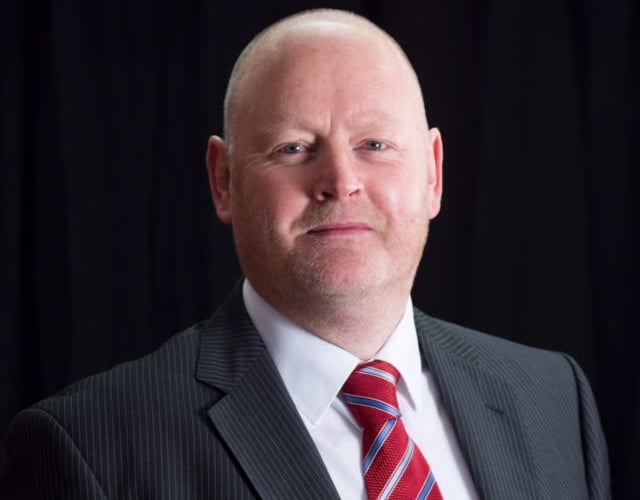The government has refused three requests for the disclosure of information relating to its handling of the Dr Rosalind Ranson case.
All three separate Freedom of Information requests have been refused with the government citing legal privilege.
The first of the tree FoIs was submitted by Gef the Mongoose on February 24 and asked for the publication of all internal and external communications which led to appeals being heard in the case of Dr Rosalind Ranson v DHSC in 2022, with particular reference being made to email to and from Chief Minister Alf Cannan.
The second request was submitted by journalist Paul Moulton, on March 8, and asked for all communications involving the Chief Minister and/or Cabinet Office and with any officers within DHSC between September 19 and October 5 regarding the appeal.
The third, also from Mr Moulton and submitted on March 8, asked for disclosure of the documents and metadata recording the decision by the DHSC to instruct its advocates to file its skeleton argument and proceed with the hearing of the second appeal on October 6 2022.

Mr Moulton said in his request: ‘Chief Minister and Cabinet Office are not party to the Ranson v DHSC and related court proceedings (the appellant was DHSC acting through its then minister). Accordingly legal privilege would not normally apply to communications to/from DHSC with third parties except in very limited circumstances.’
All three requests were rejected, with the government citing legal privilege and/or formulation of policy. These are qualifying exemptions under sections 34 and 40 of the Freedom of Information Act and are therefore subject to the public interest test.
In each case, it was agreed that disclosure would be in the interest of transparency, it did not override legal privilege.
The FoI requests all focus on the October 6 appeal related to whether or not complying with an employment tribunal’s order would require the government’s lawyer to breach legal professional privilege.

The Employment and Equality Tribunal, chaired by Douglas Stewart, had requested that an advocate be required to give some limited evidence into the unfair dismissal of Dr Rosalind Ranson.
However, First Deemster Andrew Corlett rejected the appeal saying that despite concerns raised about the potential breach, the tribunal ‘had no intention of making an order which had this effect’.
This, in essence, minor part of the Dr Ranson v DHSC case returned to the centre stage following the sacking of Rob Callister as health and social care minister.
During the investigation into his sacking, the issue of the appeal and its submission arose, where Mr Callister appeared to make reference to the decision being taken not by solely himself as minister, but with at least some, if not all, input by Chief Minister Alfred Cannan.
It was claimed that Mr Callister had said, during his time as minister, ‘if I was to hang for the appeal decision [to submit one], that I would take them to the gallows with me’, which the investigation ruled was taken to mean DHSC civil servants.
He told the investigation: ‘If I had used those words in what I felt was a private discussion with DHSC officers, then it certainly wouldn’t have been aimed at them personally, but at the Chief Minister and myself, especially when submitting Appeal 1 was clearly a political decision, and not an operational one.
‘Therefore any criticism from submitting the appeal fell on the shoulders of the new DHSC Minister, which was me, but I fully acknowledge that the previous DHSC Minister, Mr Hooper also received heavy criticism at the time. None of the political members or DHSC staff were personally criticised from submitting Appeal 1 or from its final judgement.’
Another section of that report said that the Onchan MHK ‘wasn’t able to explain the rationale for decisions to their satisfaction’ when questioned by the three political members of the department as to why the appeal had been submitted.
There is also the matter of an email, referenced in the Tynwald report, which Mr Callister sent to the Chief Minister and the Deputy Chief Minister (Jane Poole-Wilson) which the report says ‘sets out some of the problems he had encountered, particularly in relation to the Ranson appeal and the inspection of dental practices’.
This email was not published alongside the report when it went to Tynwald.
We know that both Gef and Mr Moulton’s FoI request refusals have been appealed, with a timeframe of early May for their expected outcomes.
However, as things stand, there are still the remaining issues, given the cost being borne by taxpayers, and in the interest of having an open and transparent government, of who determined that the appeal should be lodged and why.




